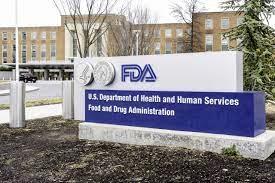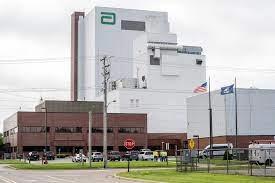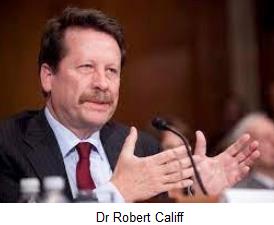
The September 20th internal FDA report Evaluation of Infant Formula Response identified five areas that require attention to ensure a safe food supply:-
- Introduction of modern information technology and exchange of data.
- Adequate staffing, training, equipment and regulatory authority for the FDA.
- An updated emergency response system.
- Additional knowledge concerning the epidemiology of Cronobacter contamination and control measures.
- Evaluation of the infant formula industry with specific attention to concentration of production facilities and response to contamination
According to the self-serving commentary, “There was no single action to pinpoint as the cause of the events that occurred but the prolonged production and distribution of potentially contaminated product demonstrated vulnerabilities in the control of food safety”.

The immediate response of FDA to any problem usually manifested by an extensive food outbreak resulting in Congressional scrutiny is to demand more funding and greater authority. Given the infant formula problem, the FDA possessed sufficient power and resources to have predicted and proactively averted the problems that occurred. Not that the infant formula event was either unique or unprecedented.
Instead of temporizing and diverting responsibility to both internal and external reviews, Dr. Robert Califf the newly reappointed Commissioner of the FDA, should simply fire the senior managers who sat on a whistleblower’s credible report for a number of months. Administrators who suspended routine plant audits and evaluations on the flimsy grounds of COVID infection should be disciplined for dereliction of duty. The structure of the FDA with relation to responsibilities and actions should be seriously analyzed, given credible press reports on protecting turf, dissension and lack of cooperation among senior managers. Inevitably it is not worth trying to fix something that is irretrievably broken. A new structure will not change culture that is deeply ingrained in the FDA favoring drug and device oversight to the detriment to food safety.
 Again, EGG-NEWS advocates for an independent food safety agency paralleling the EU Food Safety Authority or the Canadian Food Safety Agency. An independent U.S. entity should be totally committed to enforcing appropriate standards to prevent food borne disease and toxicity. An effective agency would be staffed by dedicated professionals with expertise in epidemiology, manufacturing practices, surveillance and enforcement and would be coordinated by administrators capable of operating within the DC executive and legislative jungle. Additionally to be effective, a national U.S. food service agency should incorporate the current responsibilities of the Food Safety and Inspection Service to ensure a seamless approach to food safety.
Again, EGG-NEWS advocates for an independent food safety agency paralleling the EU Food Safety Authority or the Canadian Food Safety Agency. An independent U.S. entity should be totally committed to enforcing appropriate standards to prevent food borne disease and toxicity. An effective agency would be staffed by dedicated professionals with expertise in epidemiology, manufacturing practices, surveillance and enforcement and would be coordinated by administrators capable of operating within the DC executive and legislative jungle. Additionally to be effective, a national U.S. food service agency should incorporate the current responsibilities of the Food Safety and Inspection Service to ensure a seamless approach to food safety.
Given any prospect of reorganization, commissioners and directors circle the wagons, sign memoranda of agreement and promise to play nice with each other then simply revert to this status quo. How many more food-related disease outbreaks or disruptions do we endure before concerted action is taken? Congress needs to establish an agency that can be proactive, aggressive but constructive in establishing and enforcing a comprehensive food-safety program benefitting consumers and our export market.